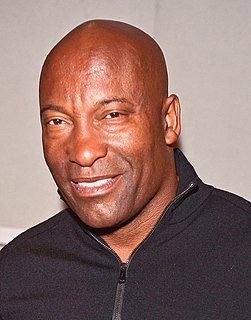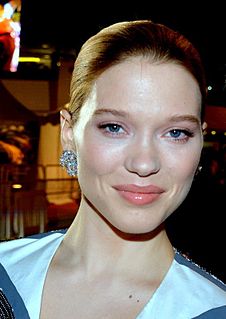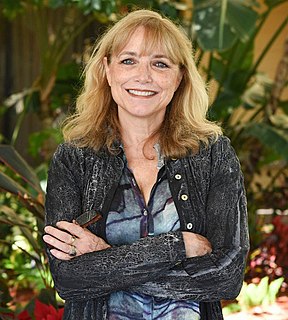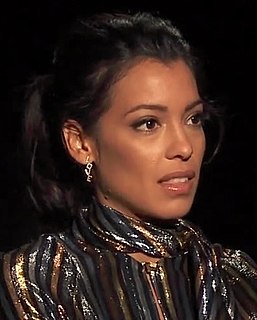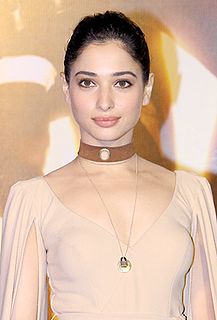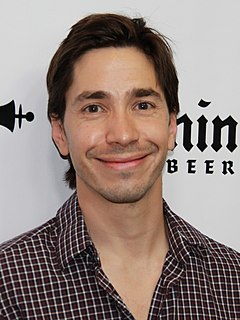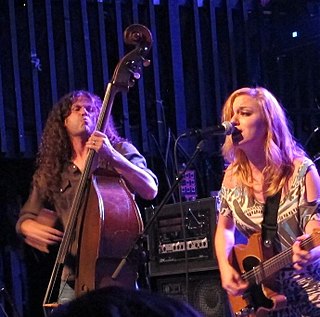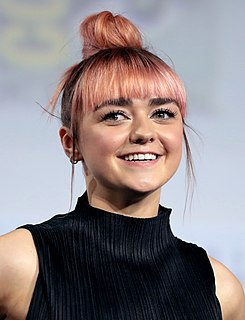A Quote by Asghar Farhadi
Doing interviews about my films really bothers me sometimes, because I have to speak directly and clearly about things I've intended to keep ambiguous, and in a way, I feel like I'm betraying my film.
Related Quotes
We get angry about the small things sometimes, I feel, so that we feel like we're doing something, so that we don't have to tackle the big things. And it's fine; let people do that. But I'm not gonna now change because of that. You know? Like, the worst thing that happens to me is you don't like me. And then what?
When industry people see something different they don't know what to do with it, so filmmakers who make films about women, they kind of fall through the cracks. If a woman filmmaker makes film about war, like [Kathryn] Bigelow, they say "Okay, this is a war film, it has ninety percent men in it, we know what to do with it." But then she still gets attacked for not doing it properly. [...] But even though it bothers me I don't want to dwell on the sex and gender thing.
We try to make films for people [that are] the films that we'd like to see. They're not easy to get made. They're hard to get made. You have to keep the budget low to get them made. But at the end of the day, I don't really worry about competition, because I don't really think of it that way. I don't feel like I'm in a race with anybody.
I think that film festivals, we're very often given to understand, are about filmmakers and about films and about the industry of filmmaking. I don't believe that they are, I believe that film festivals are about film audiences, and about giving an audience the encouragement to feel really empowered and to stretch the elastic of their taste.
Making movies in France is different, but it's still acting, you know. You still have doubts and you're scared, always, but I really love doing films in America, because I love to speak English. But I think there's something very entertaining about American films. But I also like the intimacy of French films.
I never want to feel complacent, and I had started to, a little bit. I had started to feel like "I have this thing I can do, it's worked a few times," but not only does that get boring, but you feel stagnant and unproductive. So I was feeling a lack of creativity and motivation, so I started making a more conscious choice to grow personally. It wasn't even an image-conscious thing, like, "I don't want people to think this way about me." It was really just a way to keep myself energized and feel excited about this thing I love doing. Like I went to couples therapy or something.
When I do interviews, sometimes I'll just be like "Why the hell did I say that?" because after I hang up the phone I realize there were so many things I could have said, but my brain just goes on lockdown. There's something about having conversations with people that's so much different from just singing and playing guitar. And I think a lot of people are actually performers because of that. I can't really explain why. It's like just the only chance you have in life to feel really good and outgoing.
People ask me, 'Isn't it scary living on your own?' but in this industry, being at events, doing interviews, and doing promotion and constantly chatting about yourself, sometimes it's really nice to just sit in silence or take a day where you can sleep in until 3 P.M. and then stay up as late as you like.
I'm going to work with Dan Clowes. After Charlie Kaufman, it's hard to fill up the gap. It's hard to find somebody who... A lot of writers, I can clearly see the desire of succeeding before the desire of expressing themselves. Sometimes people get upset when you want to be different. You were talking about "whimsical," which is a nice word. But sometimes they use the word "quirky" in the pejorative sense. I get frustrated, because they feel like I'm doing whatever I want, and there is no ground, and I don't really care. They feel it's cynical. But I don't think I have any cynicism in me.





